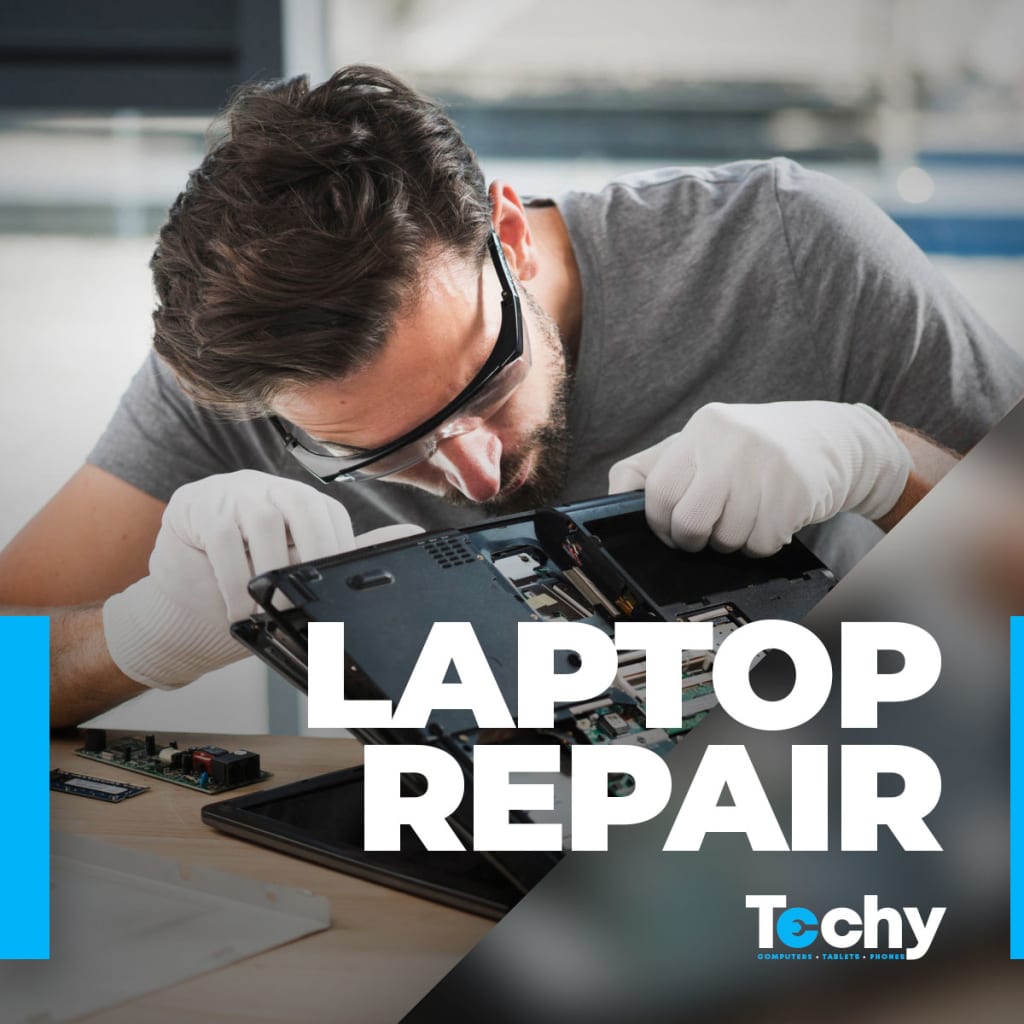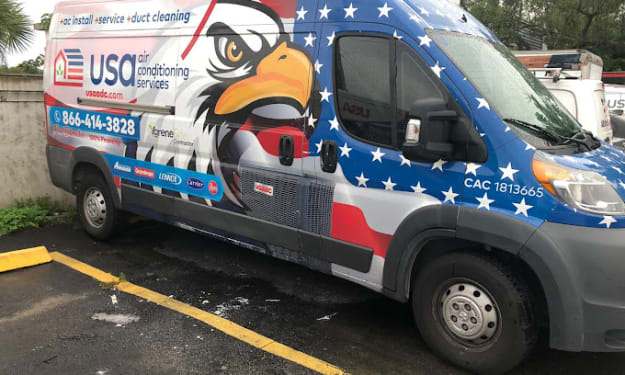Common laptop hardware issues and their troubleshooting steps
Understanding common laptop hardware issues and their troubleshooting steps is crucial for every laptop owner. By knowing how to address these issues, you can keep your laptop running smoothly and avoid potential downtime and data loss.

Laptops are an essential part of our lives, whether it's for work or personal use. They offer convenience and portability, allowing us to work and stay connected from anywhere. However, these machines are prone to hardware issues that can be frustrating and time-consuming to resolve, so laptop repair is essential. In this blog post, we will consider some of the most common hardware issues that laptops face and their troubleshooting steps.
Overheating
Overheating is a common issue with laptops, especially if they are used for extended periods. Overheating can damage your laptop's internal components, reduce its performance and lifespan, and even cause the system to crash, requiring laptop repair services. Some common causes of overheating include dust buildup in the fan or vents, a faulty fan, or a damaged thermal paste.
Troubleshooting steps:
- Clean the fan and vents using compressed air or a soft brush.
- Ensure that the laptop is placed on a flat surface and not on a bed or couch that can block the air vents.
- Check the inside fan to make sure it's working correctly. If not, it may need to be replaced.
- If the thermal paste is damaged, it will need to be replaced.
Battery Issues
Laptop batteries have a limited lifespan, and over time, they lose their ability to hold a charge. This kind of laptop repair can be frustrating, especially if you rely on your laptop for work or travel. Some common battery issues include a battery that won't charge, a battery that drains quickly, or a battery that doesn't hold a charge for very long.
Troubleshooting steps:
- Check the power cord and adapter to ensure that they are working correctly.
- Check the battery settings in your laptop's control panel to make sure they are set up correctly.
- Run a battery diagnostic test to determine if the battery needs to be replaced.
- If the battery needs to be replaced, purchase a new battery that matches your laptop's make and model.
Hard Drive Failures
A hard drive failure can be catastrophic, as it can cause you to lose all of your important data. Common signs of a failing hard drive requiring laptop repair include slow performance, frequent crashes, and errors when accessing files.
Troubleshooting steps:
- Back up your important data immediately to an external hard drive or cloud storage.
- Run a diagnostic test on the hard drive to determine if it's failing.
If the hard drive fails, it will need to be replaced. Consult a professional technician for this.
If you are having problems, get your laptop repaired by Techy.
Screen/Display Problems
Display problems can range from minor issues like dead pixels to more severe problems like a cracked screen. These issues can make it difficult or impossible to use your laptop, leading to a need for laptop repair.
Troubleshooting steps:
- Check the display settings in your laptop's control panel to ensure that they are set up correctly.
- Connect your laptop to an external display to see if the problem is with the laptop's screen or graphics card.
- If the problem is with the screen, it will need to be replaced. Consult a professional technician for this.
Keyboard Malfunctions
Keyboard issues can be frustrating, especially if you're trying to work or type up an important document. Common keyboard problems include keys that don't work, keys that stick, or keys that are unresponsive, requiring laptop repair.
Troubleshooting steps:
- Clean the keyboard using compressed air or a soft brush.
- Check the keyboard settings in your laptop's control panel to ensure that they are set up correctly.
- If the problem remains, it may be a hardware issue. Consult a professional technician for this.
Conclusion
Laptop hardware issues can be frustrating and time-consuming, but they are a fact of life when it comes to using laptops. By understanding some common hardware issues and their troubleshooting steps, you can save yourself time, money, and frustration. However, it is essential to note that some hardware issues may require professional assistance, and attempting to fix them on your own may cause further damage to your laptop. If you are not comfortable performing the troubleshooting steps or you are unsure of what to do, it's always best to seek professional help.
Additionally, to prevent these hardware issues from occurring in the first place, it's essential to practice proper laptop maintenance. This includes keeping your laptop clean, using it on a flat surface, avoiding extreme temperatures, and regularly updating your software and security settings.
In summary, understanding common laptop hardware issues and their troubleshooting steps is crucial for every laptop owner. By knowing how to address these issues, you can keep your laptop running smoothly and avoid potential downtime and data loss. Remember to always seek professional help when needed and practice proper laptop maintenance to prevent future hardware issues. If you need professional laptop repair, contact Techy.





Comments
There are no comments for this story
Be the first to respond and start the conversation.